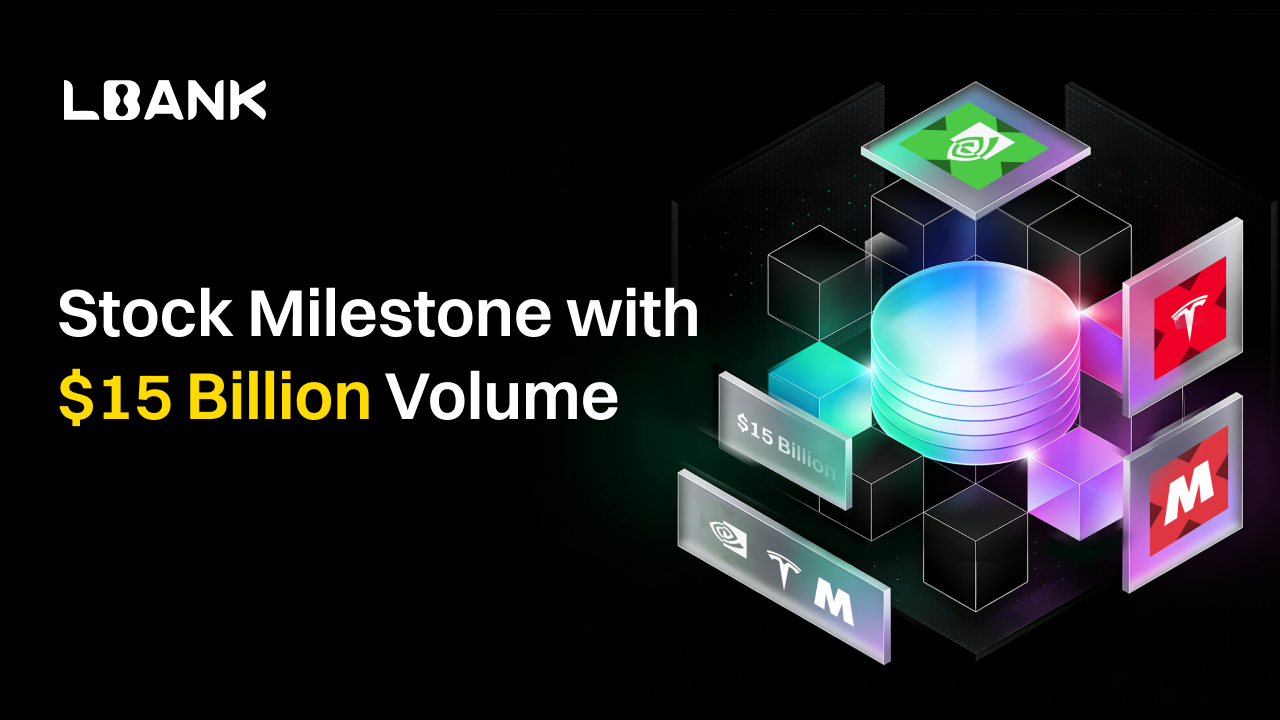
Coinbase’s security team has warned that it has observed a single mining pool, ViaBTC, control nearly 54% of the Zcash Network hash rate, a disclosure that has sent alarm bells ringing in the crypto community.
The Electric Coin Company (ECC), the entity behind Zcash, has responded to Coinbase and its preventive measures, stating it is aware of the issue.
51% Attack Risk On Zcash
Coinbase had reported that the network hashrate distribution for Zcash, a proof-of-work cryptocurrency, was severely imbalanced. It stated that over 51% of the hash power distribution on the network is controlled by a single mining pool, ViaBTC. The cryptocurrency exchange stated that it had initiated preventive actions to mitigate any risks associated with a 51% attack. A 51% attack is a scenario where a single entity controls over half the computational power on a blockchain network. The entity can then leverage the hash power and execute double-spending attacks or censor transactions, resulting in the loss of user funds.
“Recently, we discovered that a single mining pool, ViaBTC, controls more than 51% of Zcash’s network hash power.”
Mitigation Measures
Coinbase increased Zcash’s confirmation requirements to 110 block confirmations as part of its risk mitigation measures. This led to deposit times increasing from an average of 40 minutes to around 2.5 hours. It also moved its ZCash markets into a limit-only state in order to reduce the impact of any volatility. Coinbase also added that it had engaged in discussions with the Electric Coin Company and shared its concerns regarding the risks of mining centralization.
“We shared our concerns around the risks of mining centralization and provided recommendations for various options that either party could implement to reduce the risk of a 51% attack.”
ECC Responds
The ECC, the entity behind Zcash, responded to Coinbase’s preventive actions in a thread on Twitter. The company stated that it was aware of the issues and had begun conversations with Coinbase, ViaBTC, Zcash’s security lead, and Zcash Community Grants.
“ECC is aware of this issue, and we’ve had conversations with Coinbase, ViaBTC, Zcash’s security lead, and Zcash Community Grants. Zcash is a decentralized, open-source network with no ‘lead developer,’ no ‘issuer,’ and no org that controls it.”
ECC’s statements also revealed that it acknowledged the lack of finality that plagues current Proof-of-Work blockchains, something to which Zcash was not immune. In response, Zcash is advocating for its Trailing Finality Layer (TFL) proposal to provide finality to Zcash. ECC also revealed it was exploring moving Zcash from a Proof-of-Work consensus method to a Proof-of-Stake method, which Ethereum successfully completed in 2022.
ECC is also exploring the feasibility and performance of the TFL hybrid PoW-PoS approach. This strategy could potentially introduce finality to the Zcash ecosystem and act as a temporary solution until a full transition to Proof-of-Stake can be completed.
“Moving Zcash to proof of stake is one of four key focus areas for ECC, and Nathan Wilcox is dedicated full-time to PoS R&D. If the community chooses to activate the TFL hybrid-PoW-PoS approach, that would enable finality on the Zcash network sooner than an all-in-one shift to proof of stake. The next step in our PoS R&D is to build a prototype of TFL to see how it performs.”
The Way Forward
Coinbase stated that it hoped for decentralized Zcash mining. However, it added that it believed its preventive actions and mitigations were adequate enough to protect its users. While ViaBTC’s control on Zcash does increase the risk of a 51% attack, experts have pointed out that a mining pool is different from a single malicious entity. As a mining pool, ViaBTC consists of individual miners who could quickly disperse to other pools.
Despite this, the developments have reignited the debate around vulnerabilities typically associated with Proof-of-Work blockchains and have major stakeholders talking about moving to Proof-of-Stake systems. Meanwhile, Coinbase has stated it will continue to monitor the situation and adjust risk mitigation measures as needed.
Disclaimer: This article is provided for informational purposes only. It is not offered or intended to be used as legal, tax, investment, financial, or other advice
* This article was originally published here

No comments:
Post a Comment